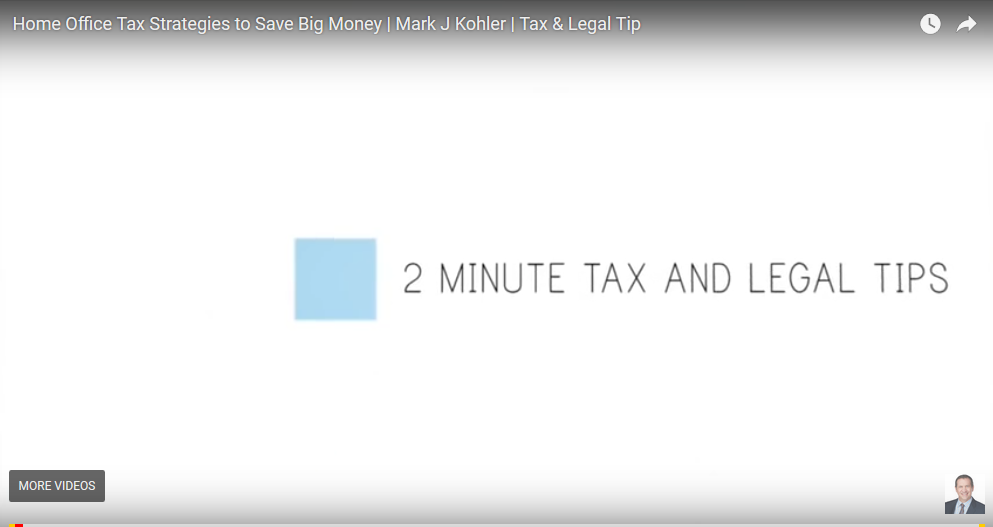Life is expensive, from business expenses to personal expenses to paying Uncle Sam on April 15. Wherever you go, it may seem like your wallet is open. One way to save money each year is to find legitimate tax write-offs that intersect both personal and business expenses.
As a certified public accountant, everywhere I go, even when I'm at dinner with friends, I constantly am asked the question: "So, what can I write off my taxes?"
Surprisingly, there isn't some master list included in the Internal Revenue Code or provided by the Internal Revenue Service. There is simply the tax principle set forth in Code Section 62 that states a valid write-off is any expense incurred in the production of income. Each deduction then has its own rules.
A good CPA should be teaching their clients to think above the line -- that is, your Adjusted Gross Income line. Your AGI is the number in the bottom right-hand corner on the front page of your tax return. Any tax return. And what I mean by thinking above this line is constantly trying to think of any and all personal expenses that may have a business purpose. With a small-business venture in your life and on your tax return, you may be able to convert some personal expenses to business expenses, as long as you have the proper business purpose for that expense.
Seasoned business owners become proficient over the years at keeping good records and realizing when expenses have a legitimate business purpose. For some, this thought process becomes so ingrained that it becomes almost impossible to buy something without first considering a tax purpose for that item or service.
Consult this list of 75 possible tax deductions for business owners. It's just a start and not every one of these items is always a legitimate deduction. For example, you may be able to deduct entertainment expenses, but only when entertaining a client, customer or employee, while also meeting particular IRS rules. Some deductions may only cover a percentage of your expenses, like the aforementioned dinner with clients (usually 50 percent) or the home-office deduction, which is based on the square footage of your office. When documenting, go beyond collecting receipts. If you hire your teenager as an employee, document his or her duties and hours. On parking and toll receipts, write your destination and business reason for the road trip.



